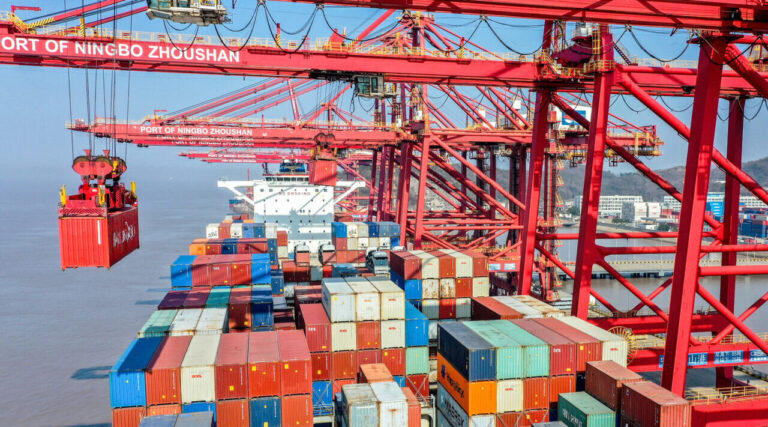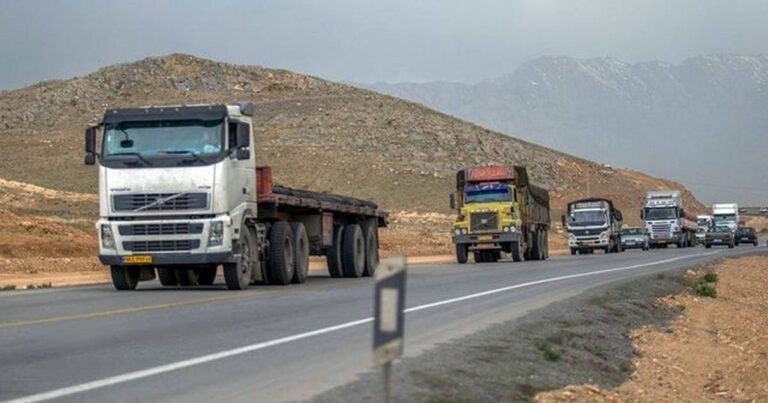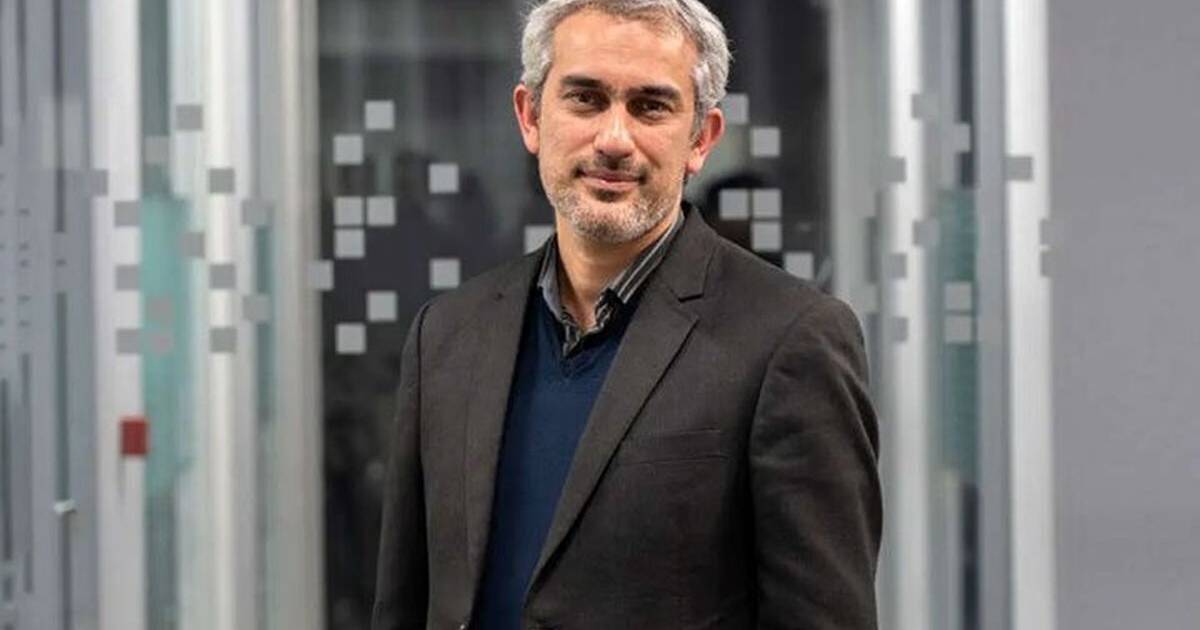
Similar Posts
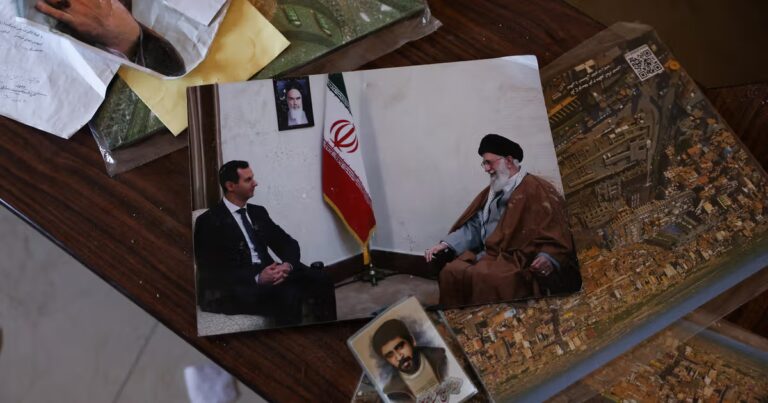
Iran’s Ambitious ‘Marshall Plan’ for Syria Falls Apart Following Assad’s Downfall – Reuters Report
Iran’s multi-billion-dollar initiative to rebuild postwar Syria has collapsed following the ousting of President Bashar al-Assad. Documents from Tehran’s embassy in Damascus highlight the downfall of Iran’s plans, which aimed to establish economic and political influence in Syria through reconstruction projects and trade. Key projects like the €411 million Latakia power plant and various infrastructure initiatives were abandoned amid looting, withdrawal of paramilitary forces, and significant losses exceeding $30 billion. The new Syrian president emphasized the need to heal from Iran’s influence, while Iranian officials have remained silent. The situation marks a major setback for Iran’s regional ambitions.
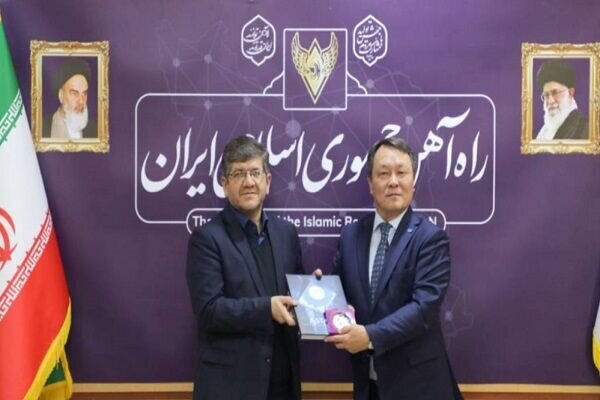
Kazakh Envoy Highlights Promising Potential of Iran’s Strategic Rail Corridor
A recent meeting between Iranian railways CEO Jabbar Ali Zakeri and a Kazakh envoy focused on enhancing freight transportation between Iran and Kazakhstan. Zakeri highlighted Iran’s capacity to transfer up to five million tons of cargo annually, which could significantly boost bilateral trade. The Kazakh envoy emphasized the need for regular meetings to align objectives and achieve trade targets. Discussions included improving rail connectivity and utilizing Iranian ports for smoother trade routes. Both countries are committed to strengthening economic ties through upgraded rail infrastructure and increased cargo capacity, marking a positive outlook for regional trade relations.
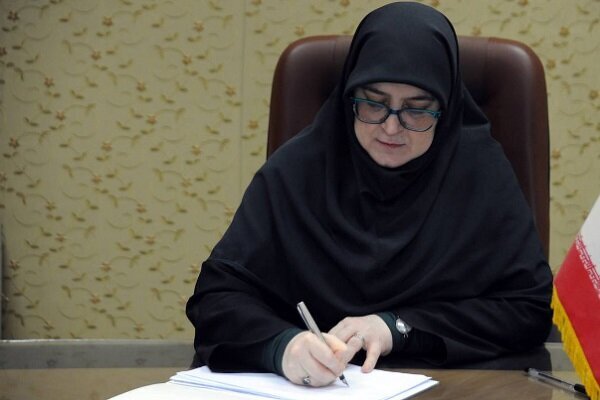
Pezeshkian Engages with Iraqi Kurdistan Governors in Key Diplomatic Meeting
President Masoud Pezeshkian’s government has initiated a joint meeting with governors from Iran and the Kurdistan Region to enhance regional cooperation. The meeting, held in Sanandaj, aimed to strengthen neighborhood diplomacy and promote economic and cultural ties. Key participants included Pezeshkian, four Kurdish governors, and three governors from Iranian provinces. Discussions focused on a sustainable development plan and enhancing commercial, economic, and scientific relations. This collaboration highlights the potential for mutual benefits in trade, education, and technology, emphasizing the importance of regional partnerships for addressing common challenges and fostering a prosperous future for border provinces.

Iran’s Oil Ministry Sets the Record Straight on Controversial Oil Sales Claims
Recent allegations regarding the seizure of Iranian oil tankers have ignited debate in the oil industry. Iran’s Deputy Oil Minister, Ali-Mohammad Mousavi, denied claims made by Iraq’s oil minister, asserting they were based on flawed statements from US officials. He characterized these accusations as part of a broader campaign to pressure the Iranian populace, emphasizing that Iran’s oil sales adhere to established regulations. Amidst US sanctions impacting its oil exports, Iran is adapting by seeking alternative markets and enhancing its oil infrastructure. The Iranian Oil Ministry remains committed to countering negative narratives while focusing on production and export goals.
